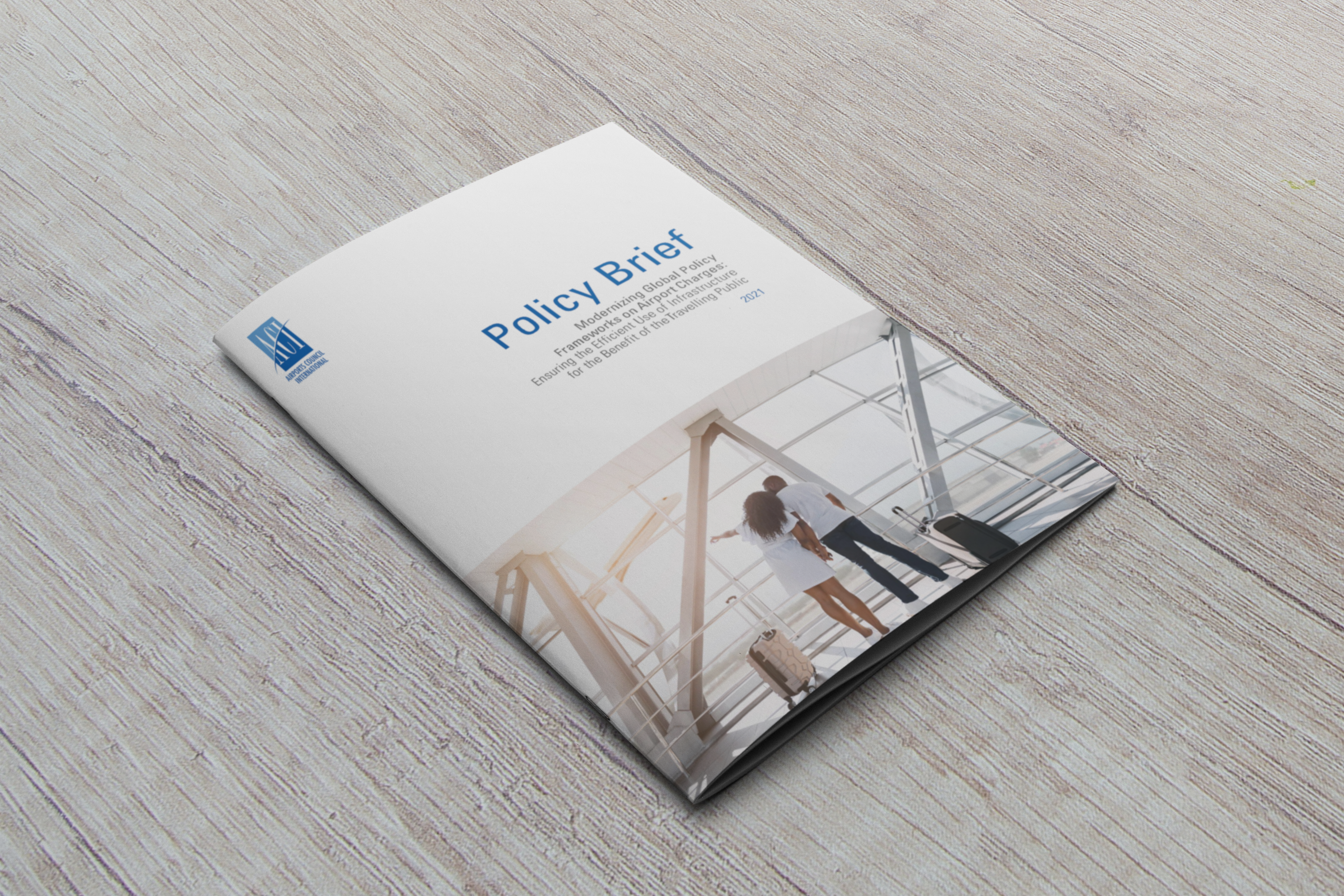Airports Council International (ACI) World has released new research – The State of Play: Competition, Regulation, and Airport Charges Research Report – demonstrating the critical need to modernize global policy frameworks on airport charges to serve the best interests of the travelling public and local communities.
The Research Report draws on comprehensive data sources to give an overview of the evolution of the industry; an assessment of current charging and regulatory frameworks; airport experiences with regulation and charging strategies; lessons learnt from COVID-19; and the potential future direction of economic oversight.
Based on data analysis from InterVISTAS Consulting Inc., a strategic aviation and mobility consultancy, the study findings show that while charges for aeronautical services represent as much as 54% of revenues for airports, the full basket of airport charges represents only 5.1% of the average base airfare and ancillary fees from a consumer perspective. Landing charges levied on airlines represent only 1% of the airfare.
Many airports have been regulated around the world, with governments using a variety of regulatory models related to airport charges. The typical types of economic oversight in place for airports could be classified along two dimensions which include heavy-handed regulatory models with government intervention in price determination, and light-handed models, using market-based approaches with minimal government intervention such as commercial agreements between airports and airlines. A number of governments have concluded that the costs of imposing heavy-handed regulation outweighs the benefits to the travelling public.
The observed data shows that those airports that are heavily regulated are associated with higher unit charges as compared to more light-handed models.
Since the direct cost of airport charges (levied on both passengers and airlines) to consumers is small in terms of the final ticket price, including airline ancillary charges, new approaches for economic oversight should be considered to ensure better use of airport capacity through flexible pricing, the fostering of infrastructure development for connectivity and socio-economic benefits, and providing charges incentives to address issues of congestion, noise, and climate change impacts.
“The current framework on airport charges that has been in place for over half a century needs a complete rethink for today’s airport industry and the travelling public,” said ACI World Director General Luis Felipe de Oliveira. “While it has some desirable elements, it is fundamentally a rigid, cost-based approach, focused almost exclusively on cost recovery and not on achieving economically and socially beneficial outcomes for the travelling public. Passengers are at the center of our aviation ecosystem—without them, we as an aviation sector cannot exist. A more efficient charging system will benefit the industry, with positive benefits for end users.
“The State of Play: Competition, Regulation, and Airport Charges Research Report provides in-depth evidence to support the need for a shift in global policy frameworks on airport charges towards ones that incentivize sustainability, efficiency, investment in infrastructure, and that generate a multiplier of socio-economic benefits and connectivity. In consideration of the changed competitive landscape, it is critical that airport charging policies be focused on market needs and signals, and that the best way forward for the benefit of the travelling public and local communities, is through commercial agreements between airports and airlines.”
The Research Report will be supported by a forthcoming stand-alone Regional Analysis, which will provide more specific details for the Africa, Asia-Pacific, Europe, Latin America and the Caribbean, Middle East, and North American regions.
Both publications follow the release of the ACI World Policy Brief Modernizing Global Policy Frameworks on Airport Charges: Ensuring the Efficient Use of Infrastructure for the Benefit of the Travelling Publicin November 2021, which put forth a set of policy recommendations for guidance on airport charges that aim to ensure that they serve the best interests of the travelling public and local communities.
ACI World’s new research has been done in collaboration with InterVISTAS Consulting Inc. and with the financial support from Oman Airports Management Company, ACI Africa, ACI Latin America and the Caribbean, and ACI North America.
In addition, ACI World in collaboration with InterVISTAS Consulting Inc. has developed a fact-based video based on the industry data: Debunking the myths on airport charges.
Tags: ACI World
